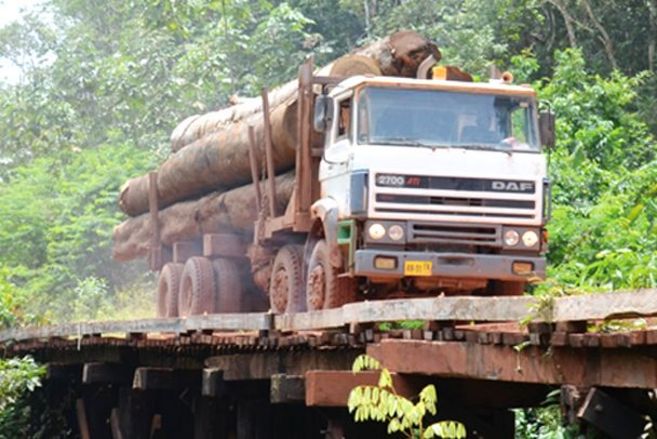Dr. Melvin Lippe from the Thünen Institute of International Forestry and Forest Economics organised together with Prof. Wander Jager from the Center for Social Complexity Studies at University of Groningen, Netherlands, Dr. Alexandra Penn and Dr. Peter Barbrook-Johnson both from the Centre for the Evaluation of Complexity Across the Nexus at the University of Surrey UK, and Dr. Davide Natalini from the Global Sustainability Institute Anglia Ruskin University UK, a three day virtual event that kicked off a series of smaller follow up events in the onset of a face-2-face workshop on “Participatory and Cross-Scale Modelling of Social-Ecological Systems”.
The workshop had to be postponed due to the Covid-19 pandemic to 2021 and is financially supported by the Lorentz Centre at Leiden University, the Netherlands. The event used the open space format as means of breakout out group discussions in how to make progress in cross-scale modelling of social-ecological systems e.g. tropical forest landscapes or agricultural transition zones, and how to ensure integrating stakeholders and actors during the research process in a participatory fashion.
Altogether 23 participants from a wide diversity of institutions (CIRAD - the French agricultural research and international cooperation organization working for the sustainable development of tropical and Mediterranean regions; from the Department of Ecological Modelling at the Centre for Environmental Research (Umweltforschungszentrum - UFZ) Leipzig, the Bavarian State Office for the Environment (LFU) Triesdorf, Kassel University, Germany; Wageningen University, Vrije Universiteit Amsterdam, and Research Institute for Knowledge Systems (RIKS) all located in the Netherlands; Edinburgh University, Manchester Metropolitan University and Leeds University all located in UK; Universities of Texas A&M and Virgina Tech both USA; Australian National University, Canberra) discussed during the virtual event how to make progress in this field of research.
Participants agreed to follow up the discussions by working on up to four position papers that shall be finalised during the f-2-f event in Leiden in 2021.




![[Translate to English:] Logo des Bundesministerium für Ernährung und Landwirtschaft](/media/allgemein/logos/BMEL_Logo.svg)